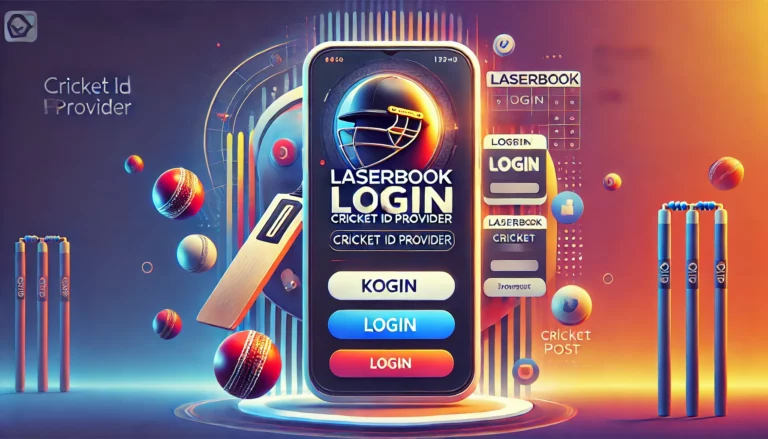Catering to Remote Audiences: Virtual Event Planning Tips: 99 exch, Lesar 247.com, Yolo247 login
99 exch, lesar 247.com, yolo247 login: In today’s fast-paced world, virtual events have become a popular and convenient way to engage with remote audiences. Whether it’s a conference, workshop, training session, or even a social gathering, planning a successful virtual event requires careful consideration and strategic implementation. To help you cater to remote audiences effectively, here are some virtual event planning tips to keep in mind.
Understanding Your Audience
Before diving into event planning, it’s essential to have a thorough understanding of your remote audience. Consider their preferences, interests, and needs to tailor the event accordingly. Conduct surveys or gather feedback to gather valuable insights that will help you create a more engaging and meaningful experience.
Choosing the Right Platform
Selecting the right platform for your virtual event is crucial. Look for a platform that offers features such as interactive sessions, live polls, Q&A sessions, breakout rooms, and networking opportunities. Ensure that the platform is user-friendly and accessible to participants across different devices and locations.
Creating Engaging Content
Engaging content is key to keeping remote audiences interested and invested in your virtual event. Incorporate a mix of live sessions, pre-recorded videos, interactive presentations, and guest speakers to create a dynamic and engaging program. Keep content concise, relevant, and visually appealing to maintain audience engagement.
Promoting Your Virtual Event
Promotion is essential to attract remote audiences to your virtual event. Utilize social media, email marketing, and online advertising to reach your target audience and generate buzz around the event. Create compelling content, teasers, and promotional materials to build excitement and interest among participants.
Ensuring Technical Support
Technical glitches can disrupt the flow of your virtual event and frustrate participants. Ensure that you have a dedicated technical support team on hand to troubleshoot any issues that may arise during the event. Conduct thorough testing of equipment, internet connectivity, and audiovisual settings to minimize the risk of technical difficulties.
Engaging Remote Audiences
Engagement is key to a successful virtual event. Encourage participation through interactive activities, polls, Q&A sessions, and networking opportunities. Create opportunities for participants to connect with speakers, sponsors, and other attendees to foster a sense of community and engagement.
Following Up After the Event
Post-event engagement is just as important as the event itself. Follow up with participants through surveys, feedback forms, and thank-you emails to gather insights, evaluate the event’s success, and maintain relationships with your remote audience. Use feedback to improve future events and tailor content to meet audience preferences.
FAQs
Q: How can I ensure that remote participants are engaged throughout the event?
A: To keep remote participants engaged, incorporate interactive activities, live polls, Q&A sessions, and networking opportunities. Encourage participation and create a dynamic and engaging program to maintain audience interest.
Q: What are some best practices for promoting a virtual event to remote audiences?
A: Utilize social media, email marketing, and online advertising to promote your virtual event. Create compelling content, teasers, and promotional materials to generate excitement and interest among participants.
Q: How can I ensure a smooth and seamless virtual event experience for remote audiences?
A: Choose the right platform, have a dedicated technical support team on hand, and conduct thorough testing of equipment, internet connectivity, and audiovisual settings to minimize the risk of technical difficulties and ensure a smooth event experience for remote audiences.







